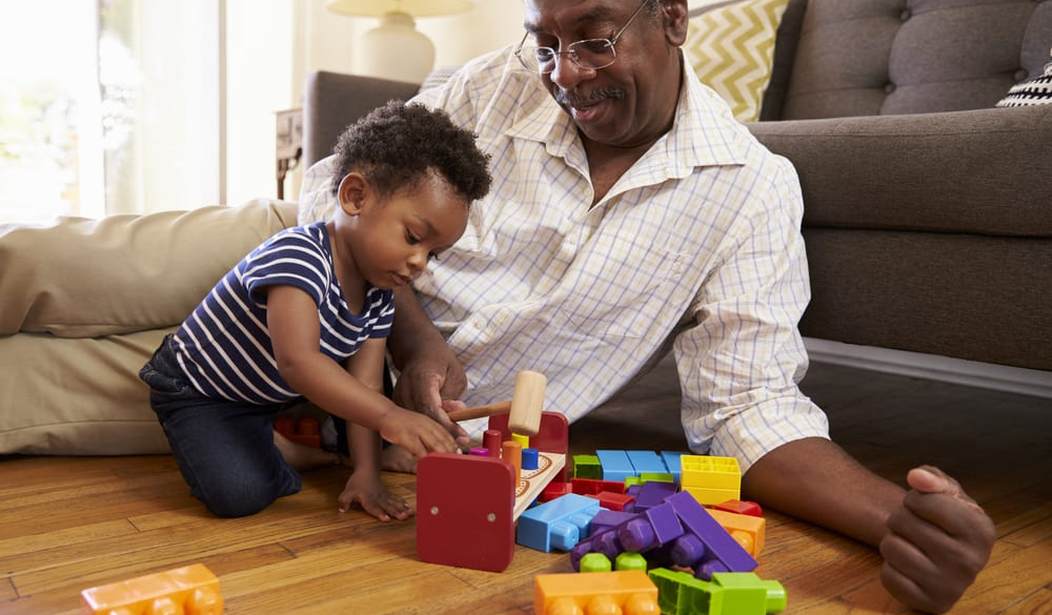While the jury is still out on the real source of being able to live long and prosper, science has proffered a few ideas that have helped to increase our longevity. Quitting smoking, for one, along with eating a healthy diet and exercising all play a part in maintaining good health into old age. But the real key to living a long life may have less to do with physical habits and more to do with social ones:
A study published in the Journal of the American Medical Association (JAMA) found that one in three people over age 60 reported feelings of loneliness. The research also noted that people with less social connections have poor sleep patterns, decreased immunity, more inflammation, and poor health behaviors (not taking medications appropriately).
Another study, from the Public Library of Science, reported that elderly people who don’t have enough social interaction are twice as likely to die prematurely. To put it in perspective, the increased mortality risk is comparable to the death risk of smoking. Loneliness is approximately twice as dangerous as obesity.
Not all that long ago grandparents were valued members of a household or family community that lived relatively close to one another. Then, culture changed. Families grew apart as they traveled and moved for work-related reasons. Daycare centers blossomed to take in children of two working parents whose own parents either still worked or lived too far away to see their grandchildren on a regular basis.
At the same time it can be easily argued that today’s parents are yesterday’s latchkey kids. A few months ago PBS aired a special on retirement that featured interviews with Baby Boomers able to retire in their 60’s thanks to hard work and sound investing. The narrator painted a picture of them living the dream, not having to answer to anyone and having enough money to live life on their own terms. Many of the interviewees all had one disturbing trait in common: Their children didn’t just move out of town, they moved several states away to start their own families. By the time these retirees had time to spend with their kids, their kids had moved on.
My grandparents’ generation initiated the flight from home during their retirement years, often choosing to move to senior communities in warmer climates for most or all of the year. It was great in the beginning until more people started being taken out than were moving in. “The number of ambulances we see in this neighborhood on a weekly basis is depressing,” my grandmother once somberly reflected. The neighbors she thought of as family were dying off, one by one. Only when she was one of the last in her generation left in her community did she start begging us to come visit. When she and my grandfather had moved over 20 years prior they did so informing my mother that they hadn’t retired to babysit.
Today, many grandparents are choosing to move out of the state or even out of the country to find a more affordable area in which to live on a fixed income. They’ll socialize for a while, but as their social connections die off, what will be left for them to live on besides their savings?









Join the conversation as a VIP Member